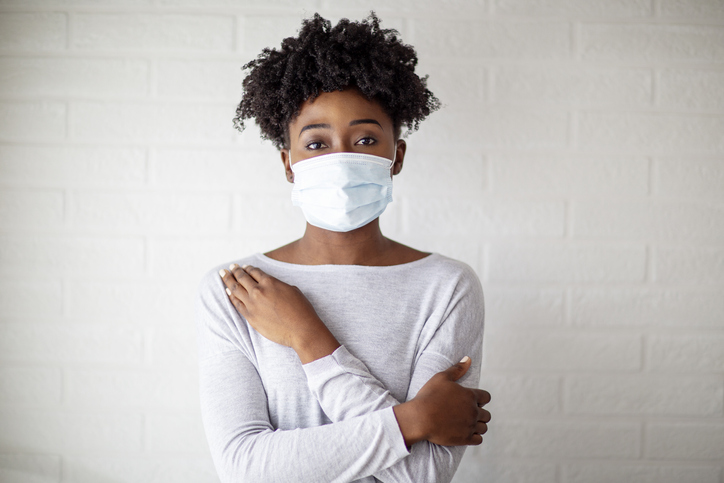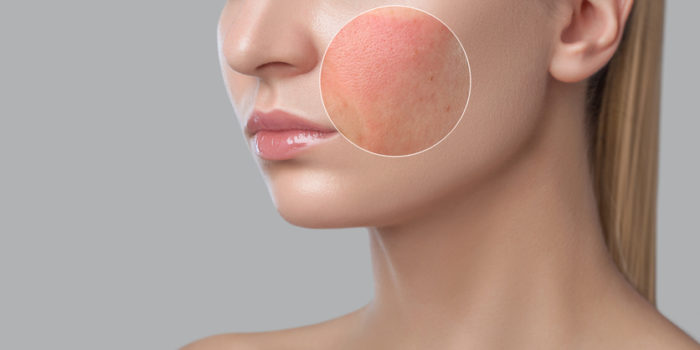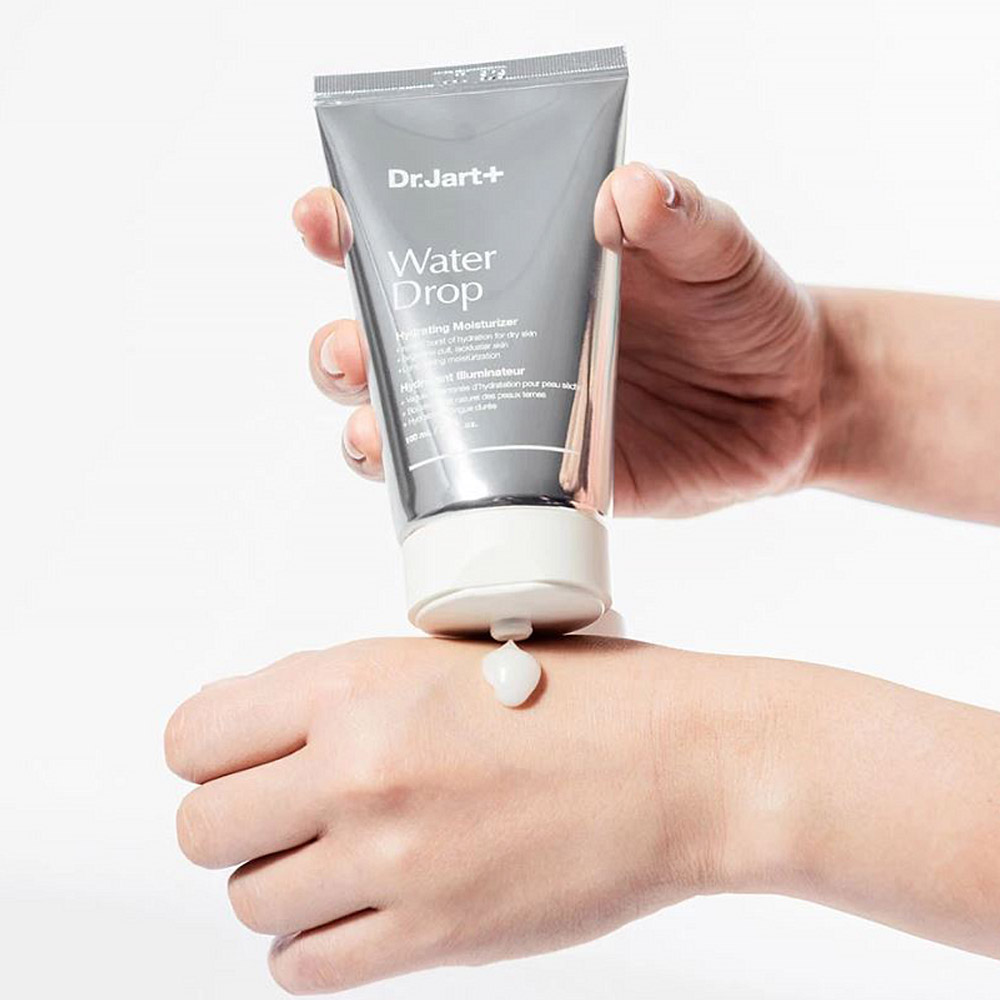Top Medical Doctors Weigh In on Face Mask-Related Irritation and How to Help Your Skin Recover
Covid-19 has created a world where face masks have become a necessity, but these masks can often irritate the skin. Beautytap interviews top medical doctors on how to deal with mask-related skin irritations and what you can do to help your skin recover.
As businesses resume operations and we all begin to venture outdoors into public areas more frequently, safety remains front and center. Along with using hand sanitizer and diligently cleansing our hands for at least 20 seconds per CDC guidelines, masks are recommended. In some counties, masks are even required to be worn outdoors at all times, and of course, you won’t be able to enter a store or place of business without one. As a result, many doctors are treating patients with a variety of skin woes due to tight-fitting, abrasive masks.

Pain Points
At some point in time, everyone has had a friction-related skin problem. Be it blisters from ill-fitting shoes or scratched-up skin from a T-shirt tag, the painful results can cause discomfort and even potential scarring. For some doctors who routinely wore masks for short periods of time while treating patients or caring for others before COVID-19, the all-day mask has become part of their uniform.

Wearing an N95 respirator, surgical mask, or even cloth mask for hours on end often results in “irritant dermatitis or acne mechanica” according to Dr. Tess Mauricio, a Stanford-educated, board-certified dermatologist. Even Mauricio herself has experienced the unpleasant signs of mask-induced skin irritation. “Humidity, friction, and lack of oxygen compromise the skin’s barrier function, resulting in whiteheads, blackheads, and clogs,” she explained. For those individuals with cystic acne, eczema, or rosacea, masks only exacerbate the problem.
Stanford Educated Dermatologist, Dr. Tess Mauricio
Dr. Kay Durairaj, a board-certified facial cosmetic surgeon, reports that the number of patients seeking her help because of acne as a result of wearing masks is at an all-time high. “You’d think that the humidity trapped beneath the mask would have a hydrating effect, but it doesn’t. The skin is actually more dehydrated,” she says, “plus people aren’t drinking enough water because they’re keeping their masks on throughout the day.” She’s also seen an influx of patients with periorbital dermatitis, which looks like acne but is actually a rash.
Board Certified Facial Cosmetic Surgeon Dr. Kay Durairaj
Relief to the Rescue
When skin is already stressed, switching to a low pH cleanser or one with mild exfoliating properties can prevent pores from clogging. Dr. Mauricio recommends that individuals use a non-stripping face wash with salicylic or glycolic acid to gently exfoliate the skin but only once a day. “My advice to many patients right now,” she says, “is to get back to basics and don’t try to compensate at day’s end by overwashing.”
Restoring the skin’s natural barrier function is key, so use a moisturizer that is designed for your specific skin type. Products containing sodium hyaluronate (hyaluronic acid) and ceramides help the skin retain moisture and fight irritation. For spot treating, she suggests applying hydrocolloid patches over open break-outs to protect them from further irritation. These dots help to absorb moisture and flatten the blemishes.
Proper care of masks is also essential. Durairaj says it’s imperative to frequently wash masks with an unscented soap and allow them to air dry instead of leaving them in your car or handbag. It’s an extra step in your nightly routine, but wearing a damp or dirty mask day after day will only make matters worse.
One of the top hydration recommendations by Beauty Advisors (aestheticians, makeup artists, facialists, and beauty professionals) is the Dr. Jart Water Drop Hydration Moisturizer.

Loading...

